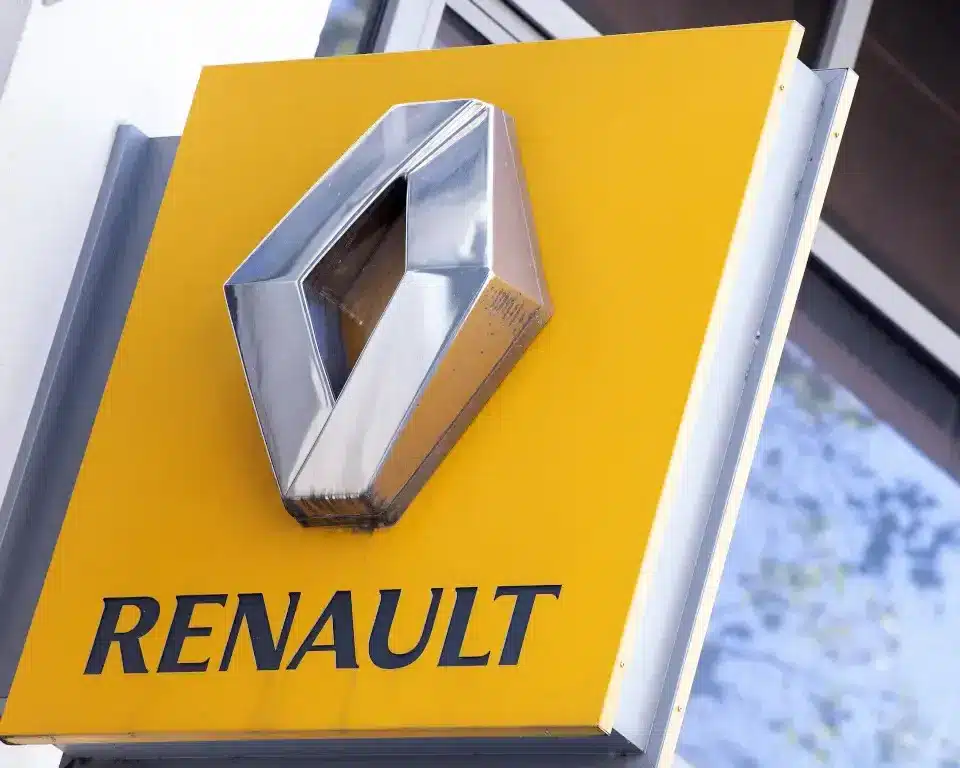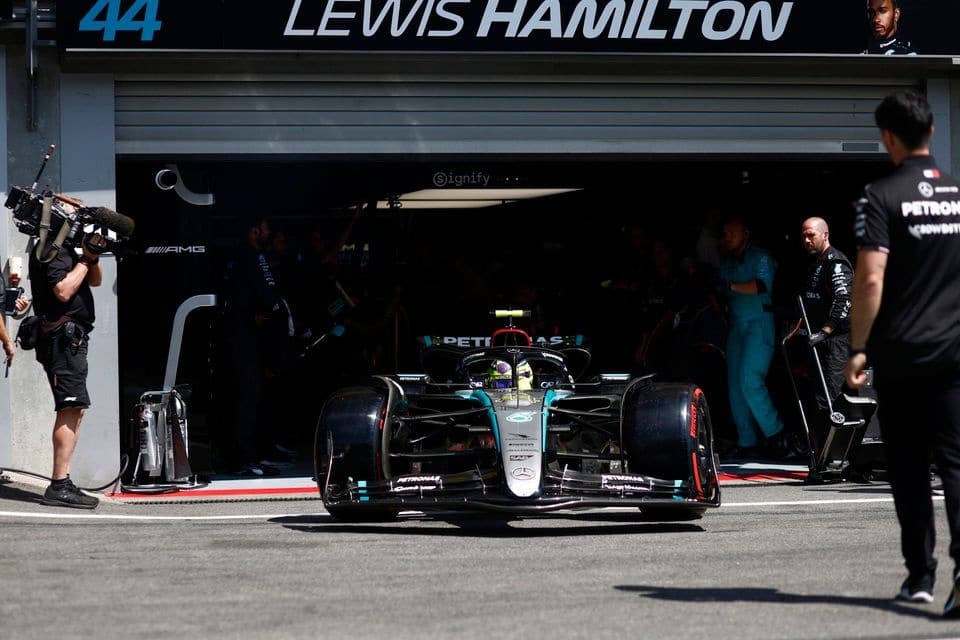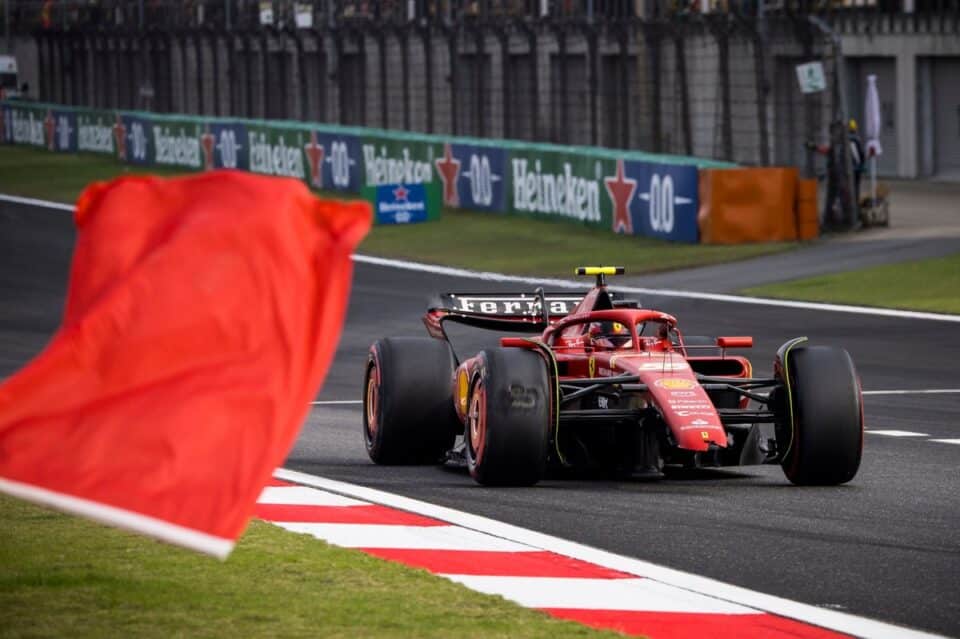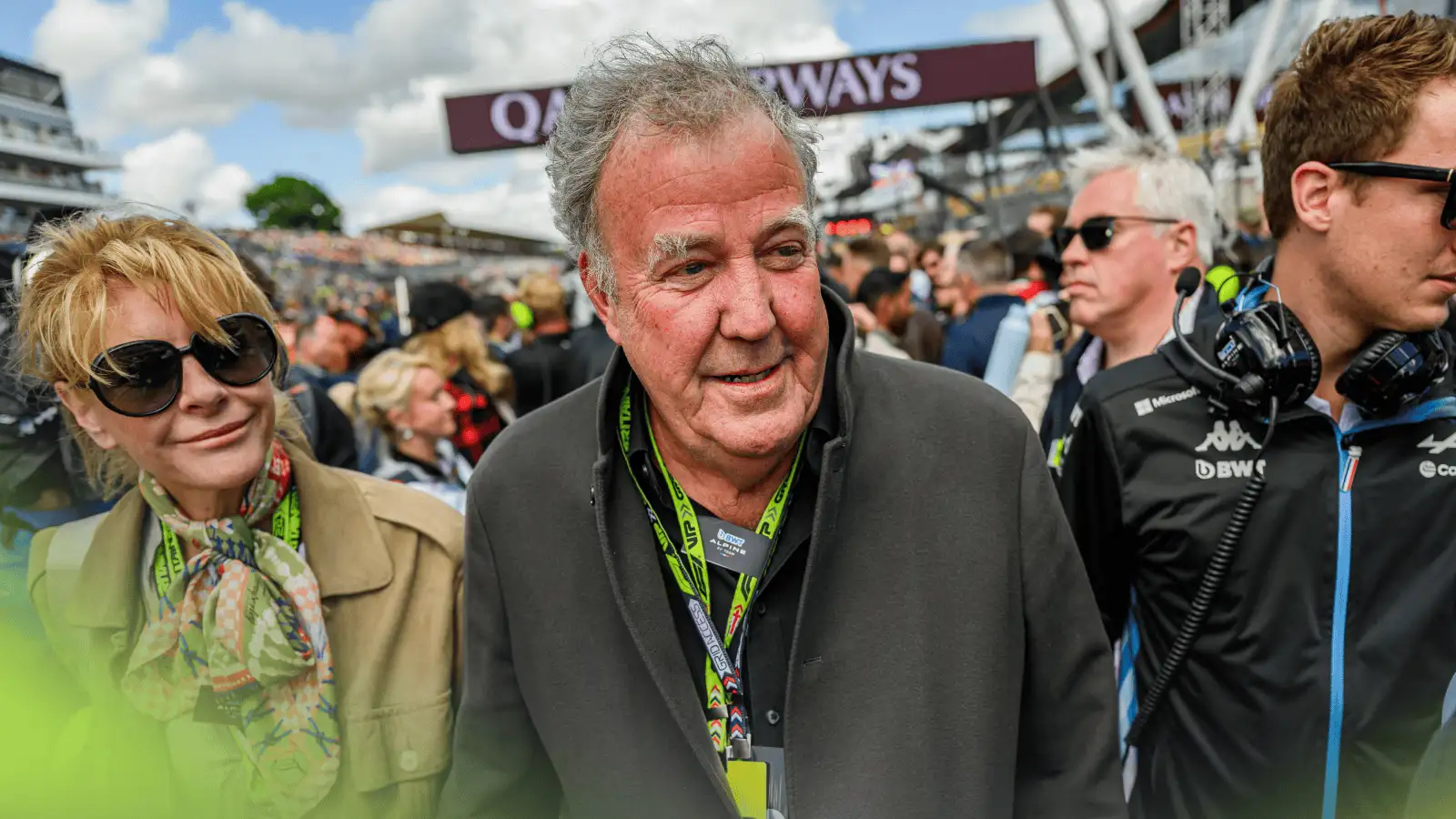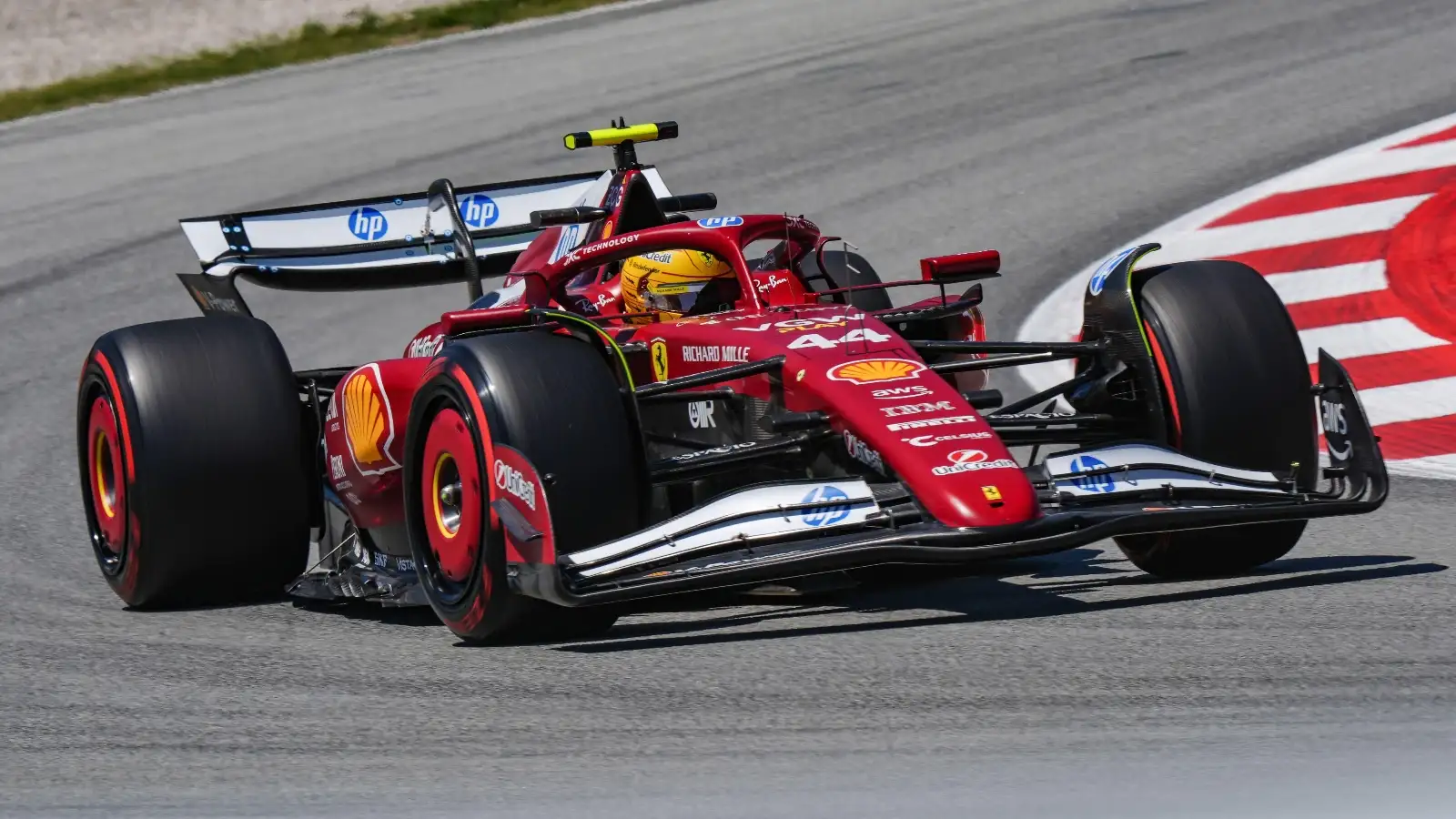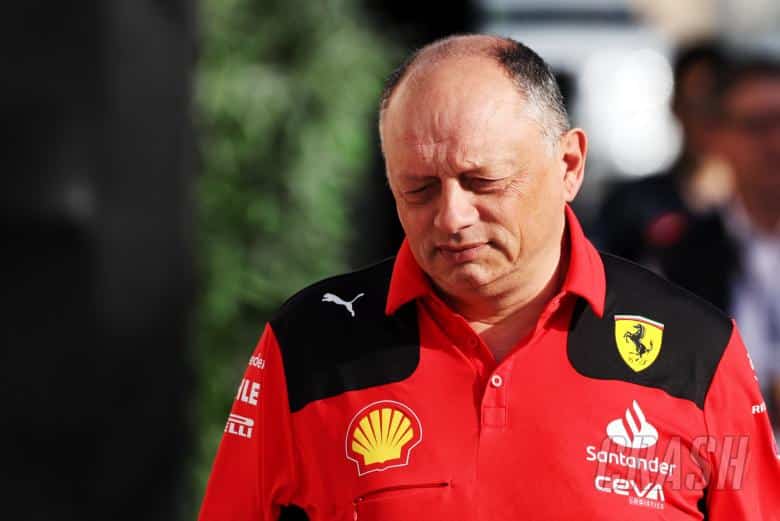Hold onto your seats, folks! The departing Alpine boss has some explosive revelations about Renault’s engine problems. 🚗 💨
- Bruno Famin claims Renault’s power unit struggles began back in 2014.
- Red Bull switched to Honda following Renault’s shortcomings.
- Renault is pondering scrapping its engine project by 2026.
- Famin shares the emotional toll on Renault’s dedicated team.
Bruno Famin, the outgoing head at Alpine, isn’t holding back. He traces Renault’s power unit woes all the way back to 2014. According to him, that was the year Renault “really missed the point” with the new engine regulations, impacting their performance significantly.
Back in the glory days between 2010 to 2013, Renault powered Red Bull to four consecutive championship doubles. However, things went downhill when Formula 1 introduced the new 1.6-liter hybrid turbocharged V6 power units in 2014. Mercedes dominated that year, winning 16 of the 19 Grand Prix, while Red Bull struggled.
The blame fell on Renault, leading Red Bull to switch to Honda power in 2019. This decision proved successful for Red Bull, earning them three Drivers’ titles and two Constructors’ Championships. Meanwhile, Renault rebranded their F1 team as Alpine and are now considering ditching their engine project by 2026 to focus on being a customer team.
Famin highlighted Renault’s ongoing struggles with their power unit. “Right now the current engine is a bit down by 15 kilowatts,” he mentioned. FIA figures support this, showing that Renault’s engine is lagging by about two-tenths of a lap time on average.
Financial burdens also play a critical role. Developing a Formula 1 power unit is extremely costly, and Renault isn’t able to offset these costs by selling units to rival teams. The business model, according to Famin, is “a bit weird.” He pointed out that there’s a significant gap between research and development costs and the price at which they can sell the units.
Despite these challenges, there have been some bright spots. Renault’s engine team in Viry has been working diligently on the 2026 power unit, and early results have been promising. “The first result was good,” Famin said, indicating that some aggressive technical options they’ve taken are starting to pay off.
Famin also touched on the emotional impact on Renault’s dedicated team. “It has to do with human beings…fully dedicated for years to their passion,” he explained, lamenting that telling them the project might not last is tough, especially with encouraging signs from their recent investments.
Renault’s decade-long engine troubles continue to cast a shadow, even as they consider new paths forward.
Source: Planetf1
